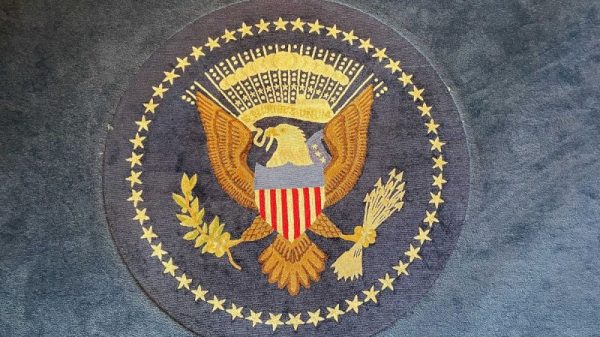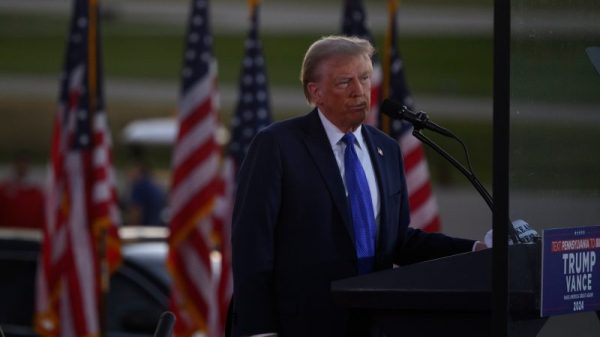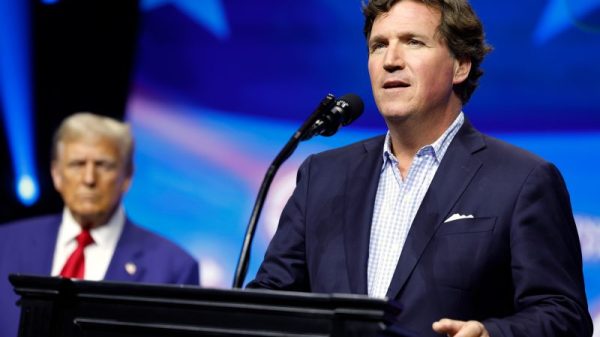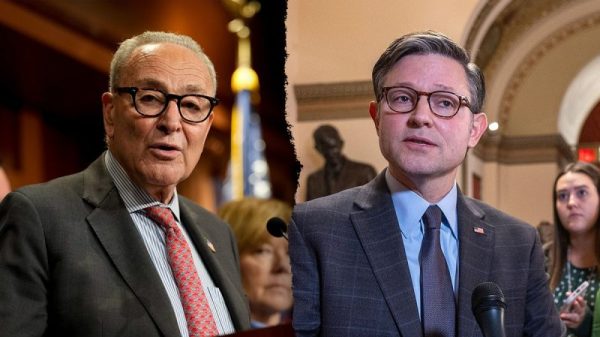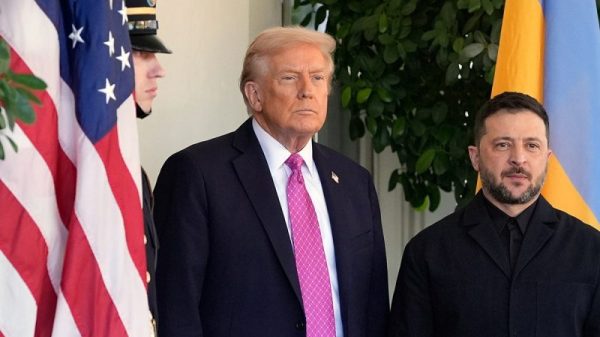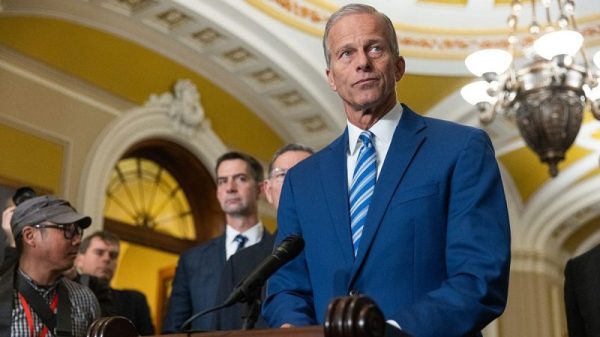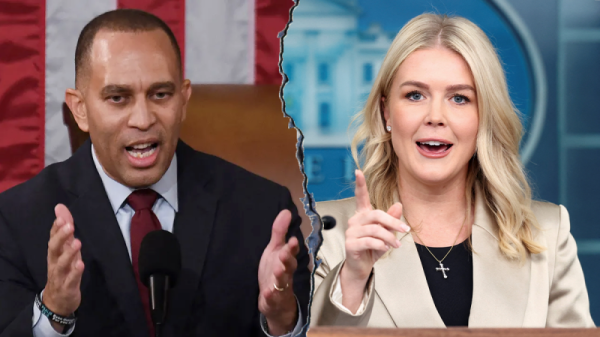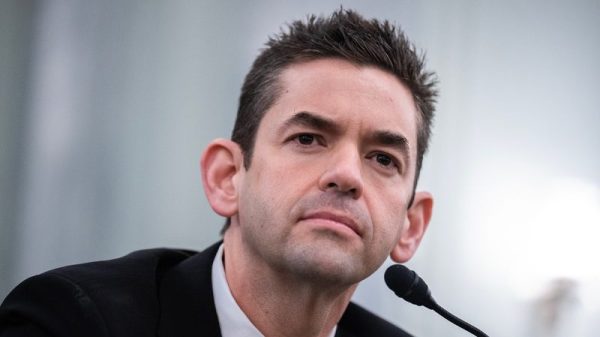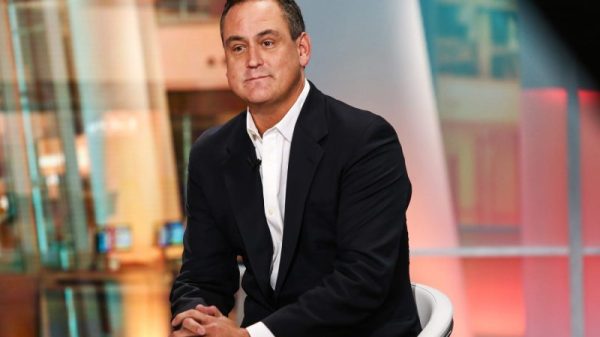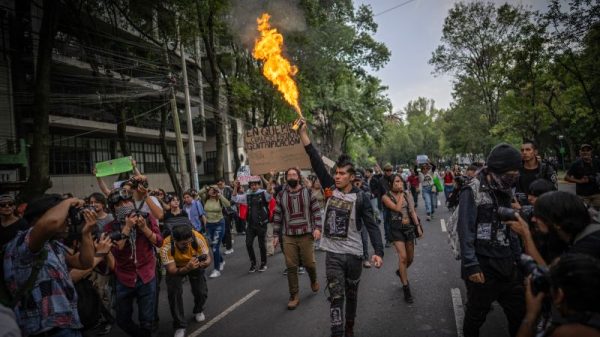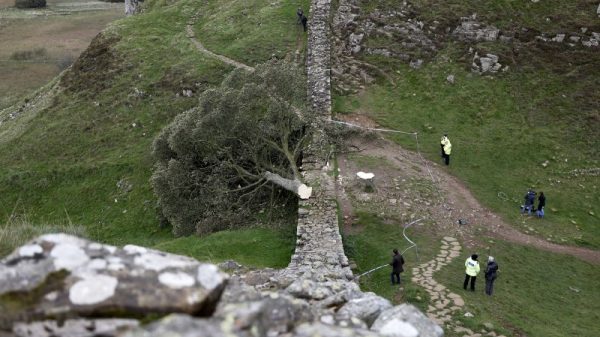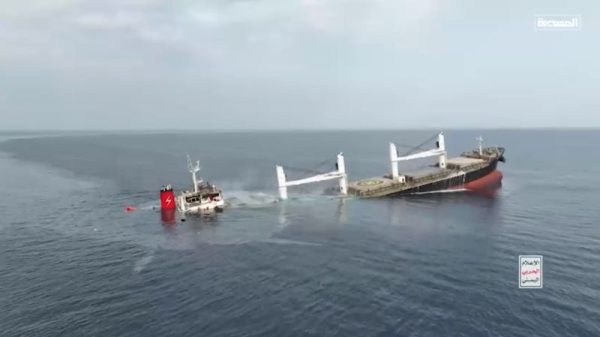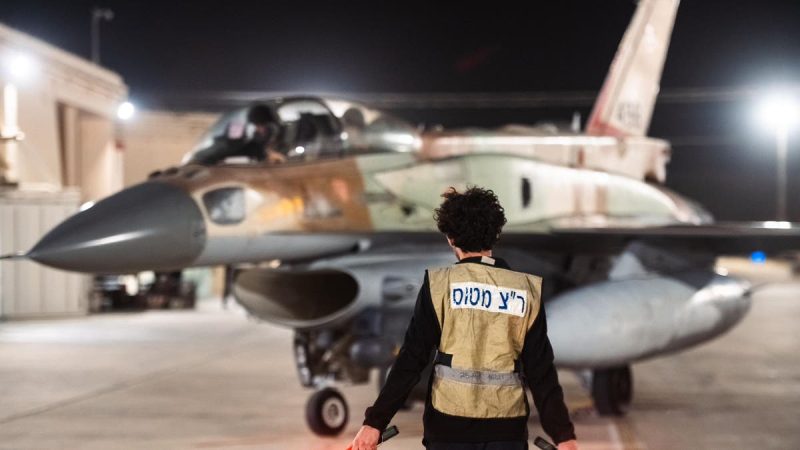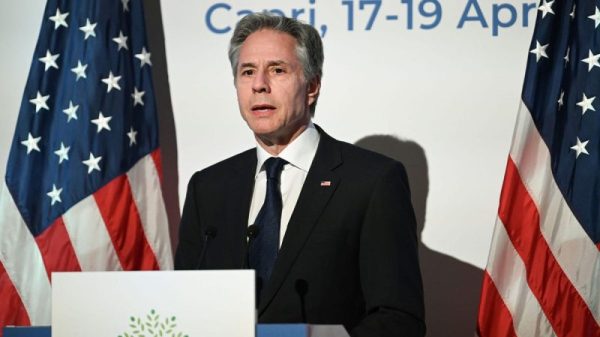In its largest operation ever conducted in Iran, Israel carried out a strategic airstrike on Oct. 26, marking a significant escalation in the conflict between the two countries. The airstrikes targeted critical military infrastructure, delivering both a symbolic and tactical blow to Iran’s strategic capabilities.
‘We showed them we could reach any point in Iran. We neutralized air defenses and flew over them, hitting exactly what we wanted without detection,’ Ram Ben-Barak, former deputy director of the Mossad, told Fox News Digital.
In the early hours of Saturday morning (Israel time), Israeli air force jets struck 20 targets across Iran during the operation’s chosen name, ‘Days of Repentance.’ After about four hours, all aircraft returned safely to Israel, marking the operation’s successful completion. The air force embarked on a complex mission involving dozens of aircraft, including fighter jets, intelligence, refueling and rescue units. The strikes were conducted at a distance of just under 1,000 miles.
The operation unfolded in three waves: an initial assault on Iran’s air defense systems, followed by targeted strikes by more than 100 airplanes on missile and drone bases and weapons production sites.
Ben-Barak, now an opposition member of Yesh Atid in Israel’s Parliament, also noted Israel’s technological and operational superiority, contrasting this strike with Iran’s prior attacks on Israeli territory, many of which were intercepted or missed their targets.
Iranian officials, however, downplayed the impact, claiming that only ‘limited damage’ was inflicted on military sites. Yet, according to Maj. Gen. (Res.) Amos Gilad, head of the Institute for Policy and Strategy at Reichman University, ‘There was an added element of wisdom in this strike; we didn’t humiliate the Iranians. The market in Tehran was open on Saturday as usual, just hours after the attack, because no civilian areas were hit.’
A former Israeli senior security official, who asked for their name to be withheld due to security concerns, told Fox News Digital, ‘There was strategic thought behind the targeted sites: a drone manufacturing facility was hit, along with a missile factory, SA-300 air defense systems, and planetary mixers that Iran likely acquires from China to produce solid fuel for missiles. While not all of Iran’s air defenses were taken down, three or four SA-300 batteries were struck. So their air defense was hit severely, although Iran likely has one S-400 system from Russia and additional simpler air defense systems they built themselves.’
While Israel focused exclusively on military and intelligence sites, satellite imagery and independent analysis reveal extensive damage to Iranian installations, particularly missile and drone production centers.
According to Israeli intelligence analyst Ronen Solomon, additional strikes targeted storage and assembly points in Khojir, near Tehran, a site long associated with Iran’s missile development. Solomon told Fox News Digital Israel ‘neutralized components of Iran’s missile production pipeline,’ cutting off access to vital parts for future production.
Additional strikes hit near Parchin, where Israeli intelligence has long suspected nuclear-related tests. ‘Israel didn’t strike Iran’s nuclear facilities directly but targeted the infrastructure supporting it,’ Solomon noted, explaining that this approach allowed Israel to sidestep political barriers while delivering a strong blow to Iran’s military operations.
Solomon added that Israel’s attack impacted Iran’s satellite-launch capabilities, a significant component in Iran’s military satellite program, saying, ‘Beyond impacting their missile program, their ability to launch satellites for military purposes was damaged.’
While Israel acted independently, coordination with Washington played a significant role in shaping the mission’s scope. Gilad underscored the extensive diplomatic communication between Israel and the U.S. before the strike. ‘There was impressive coordination, even though the U.S. didn’t participate in the attack itself,’ Gilad noted.
According to a former senior intelligence official, this cooperation included the establishment of air corridors over Iraqi airspace.
Gilad noted that, ‘The American F-35 jets involved represent fifth-generation capabilities, which add an essential layer of defense against Iran. The U.S. has shown exceptional support, including sending THAAD defense batteries. The U.S.-Israel alliance is crucial, and I say it isn’t ironclad; it’s steelclad, because steel doesn’t rust.’
Both nations shared the objective of limiting Iran’s retaliatory options, particularly given the upcoming U.S. elections. The former senior intelligence official observed, ‘The Americans had concerns about hitting nuclear or energy sites directly, and we respected that.’
Gilad added that the attack’s selective targeting reflected well-calculated restraint: ‘Some in Israel criticized the lack of direct hits on oil or nuclear facilities,’ Gilad stated, ‘but targeting such sites could destabilize global markets, strengthen Russia, or lead to attacks on Arab states.’
The former senior intelligence official added that Iran, aware of the political stakes in Washington, might hold back from an immediate response to avoid escalating tensions that could influence the elections in favor of former President Donald Trump, whom Iran perceives as a threat.
In a public statement, Chief of the General Staff LTG Herzi Halevi affirmed, ‘Our message is very, very clear… ‘any threat, anywhere, at any time, we will know how to reach it, we will know how to strike.’’ Halevi emphasized that Israel had only deployed a portion of its capabilities, suggesting that further actions could be taken should Iran escalate.
Despite the tactical success, Israeli officials remain cautious about the operation’s long-term impact. Ben-Barak commented, ‘Ultimately, Iran has learned that Israel can strike at will within its borders, but the challenge remains stopping them from obtaining nuclear weapons. Iran wants to eliminate Israel; we can’t let them have nuclear weapons. That is also U.S. policy. I always tell my American counterparts, ‘You have nothing to fear from the Iranians.’ We need to work together to remove the threat.’
Gilad concluded, ‘With the U.S. committed to preventing a nuclear Iran, these strikes should give Iran pause. Still, political coordination with the U.S. post-election will be key to sustaining the pressure.’


